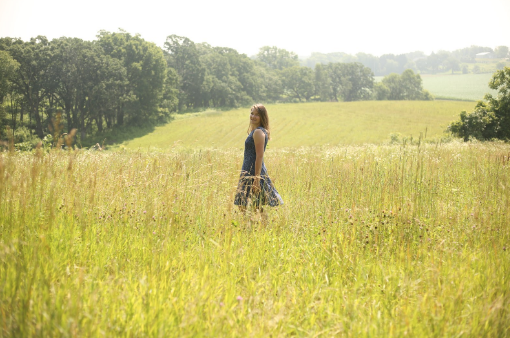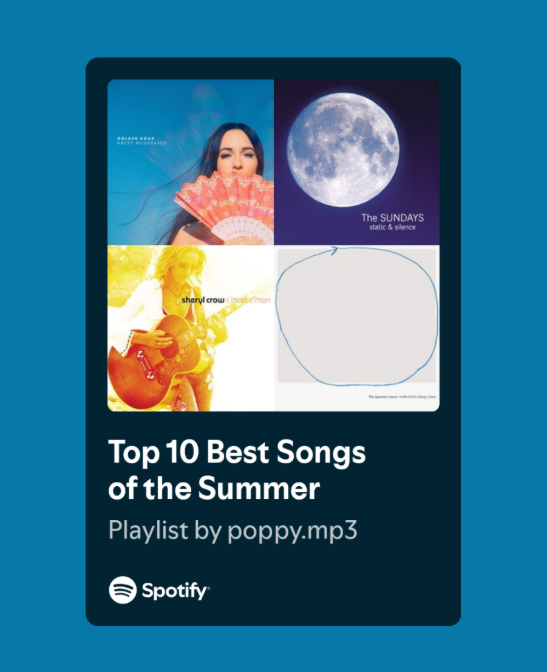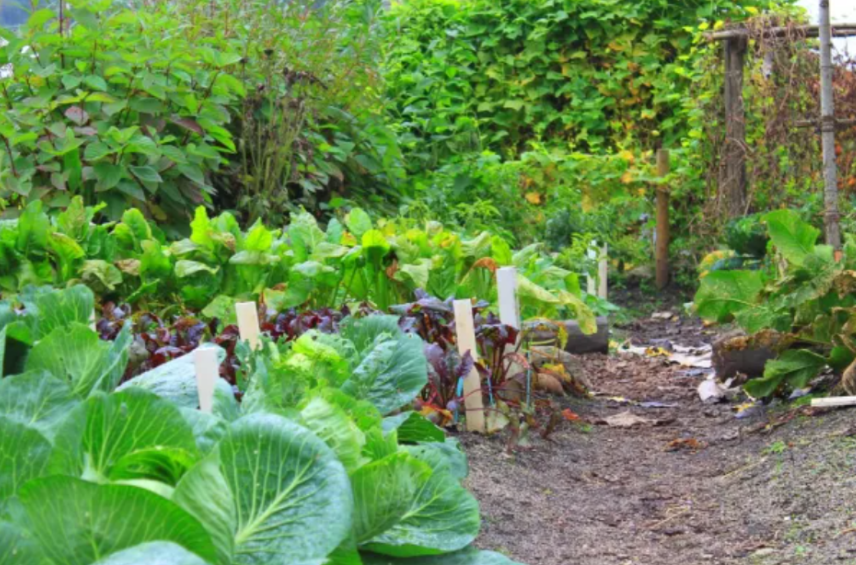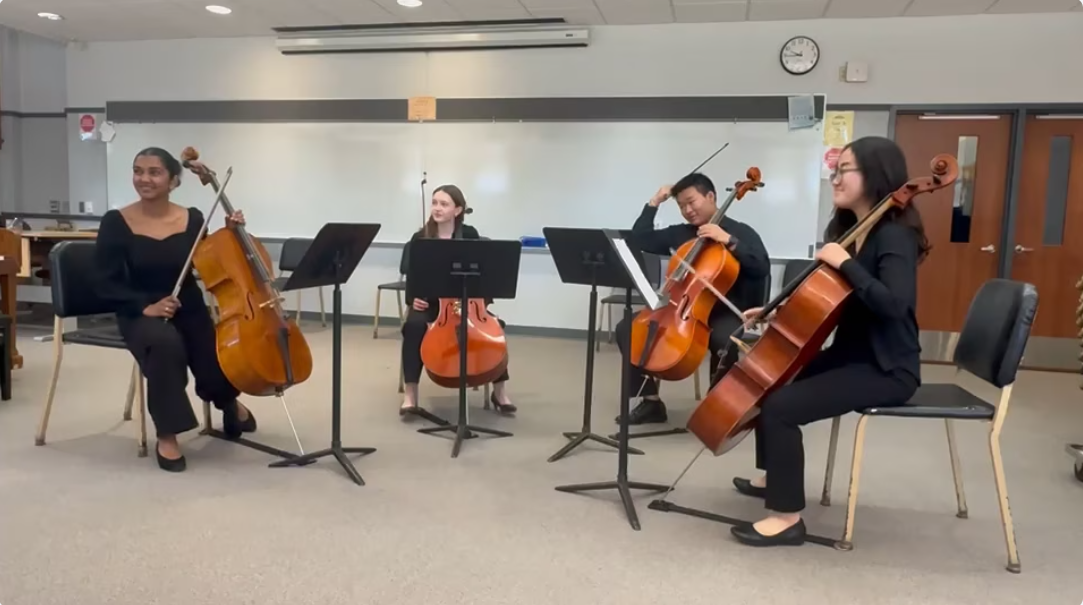The Power of Alone – Three Benefits of Solitude

Despite the negative connotation associated with solitude, there are many benefits to taking time alone. Alone time gives us the opportunity to discover who we are, evaluate our life choices, and enhance our creativity.
April 7, 2020
As an introvert, nothing spikes my adrenaline like getting a text of plans being canceled or the thought of a Friday night spent at home. For me, alone time is a cause for celebration and excitement.
Like many across the country and the world, my spring plans and expectations were turned on their head as the novel coronavirus hit the United States. Slowly I watched as school activities were canceled and then school itself. On a more national and international level, sports leagues canceled their seasons, musical artists halted tours, and businesses across the globe shut their doors—leaving many without a steady income.
Where being alone was once an empowering choice that I made on my own, I was now a part of a major movement called social distancing. As recommended by health officials worldwide, I limited leaving the house to only important tasks. If coming in contact with others while out and about, I was careful to maintain six feet of distance.
Being forced into solitude felt different than all the times I had made that choice on my own. I began to feel trapped by the thought of not physically seeing my friends and classmates for the immediate future. Despite now having the freedom to complete all those activities, I never quite had the time to do, I spent my first day of social distancing in a panic.
Progressively, I have re-acclimated to the idea of being alone. Aside from my immediate family, my social interactions have remained virtual through apps like FaceTime and Zoom. And because of that, I have reconnected with nature by going on walks and hikes, I’ve taken up painting, and I now meditate every morning when I wake up. Being forced into social distancing has reminded me why I love solitude in the first place.
Many of my friends, who are extroverts, are coming to this realization for the first time. Before social distancing, they, like much of society, associated a negative connotation with alone time. As humans, we naturally like to connect to others. Alone time is, therefore, often seen as a sort of punishment. Yet social distancing is informing them, and reminding me, of the power derived from solitude. Here are my three favorite benefits of spending time in solitude that I have rediscovered during social distancing.
Solitude gives us the opportunity to be all aspects of ourselves
It’s hard not to define ourselves based on those around us. We are often described in relation to others through words like brother, sister, mother, father, girlfriend, boyfriend. Moreover, as humans, we are social chameleons; we adapt to the situation we’re in. While this is a form of evolutionary protection, our sense of self outside of human company can sometimes get lost in our environment.
Being alone allows us to take a deep look in the mirror where no one else’s words are our definition. We may uncover new parts of our identity. Moreover, we may be exposed to flaws we have been hiding from ourselves. All aspects of our character become raw without stimulation to distract us. Once we have a full picture of who we are—flaws and all—it’s easier to see our own power and where it can be applied in the social world.
Social distancing has been the most pivotal in this area of my life. Through subtle positive and negative reinforcement, my view of myself had become one dimensional. At school, I was the quiet one, and so being in school for seven hours a day and for five days a week instilled this aspect of myself. At home, however, I’m the oldest child, and so I have to be a leader. While being around my family more, I‘ve had to take on responsibilities and be the outgoing person I am away from a school setting. The shift in my role became very apparent to me, and it wasn’t until I was alone that I realized I could be both people. I didn’t have to be one or the other.
Solitude provides a safe space to reflect on our actions and goals
Stereotypically, Americans have become known for being workaholics. In 2018, Americans left a total of 768 million days of paid time off unused. Moreover, 70% of those who went on vacation admit to checking in with their work on occasion, with 30% saying they checked in every day.
In such a fast-paced and ambitious society, it’s sometimes difficult to take an adequate break to assess our lives. When we continue to push forward and don’t take time to assess, it’s easy to get caught up and forget why we do what we do. Failing to recognize what drives us can lead to a sense of unhappiness we can’t place.
Self-reflection, however, allows us to see our progress and, in a way, gives us more opportunity to be proud of how far we’ve come. Alone time allows us to practice that reflection. Solitude is a safe space to ask questions of ourselves and digest our past choices without feeling those pesky “should’s”: I should do this. I should feel this. I shouldn’t say that.
My schedule has always been filled with responsibilities and work. Most days, I would get home from school, inhale my dinner, and dash to work. Every day, every week and every month was a cycle of worrying about being on time or whether I had completed my long to-do list. I very rarely took the time to realize how little I had poured into my family life and how much I thought about school or work. Through this period of isolation, I’ve had time to balance my family life with my “work-life,” and it wouldn’t have been possible if I hadn’t slowed down to evaluate my priorities.
Solitude allows us to unleash our creative side
Creative people spend a lot of time alone. So might it stand to reason that some of their creativity stems from solitude itself? Kafka, the famous author of Metamorphosis, took a firm stance on being alone while he writes: “. . . writing means revealing oneself to excess; that utmost of self-revelation and surrender, in which a human being, when involved with others, would feel he was losing himself . . . That is why one can never be alone enough when one writes.”
While conversing with other people can stimulate new ideas and fresh perspectives, alone time allows us to mold our beliefs. We can allow ourselves to imagine the possibilities without the fear of judgment from others.
I had always strayed from art classes because I was known as the academic one in my family. Every year when course selection rolled around, I packed my schedule with rigorous classes and never even spared a glance at the art classes. Through this period of time where it’s up to me to entertain myself, I started picking up my paintbrushes and watercolor for fun. Without any expectations, I allowed myself to dream up elaborate ideas and begin painting. Spending time each day to creatively explore through art in the peace of my own company has opened my mind to ideas elsewhere. As an avid writer, I’m now up every night with ideas swirling around my mind.
During this uncertain time, when the majority of Americans are no longer going to work or school, this is a time to take advantage of solitude. As an introvert, I’ve done it for eighteen years without social distancing, and I’ll continue to do so whether or not a global pandemic dictates I should. Connecting with the power of solitude is essential to my life and has become even more so. Both for the safety of others and to the benefit of ourselves, let’s make this period one of self-development. Who knows? Maybe when we emerge, we’ll be grateful for it.













